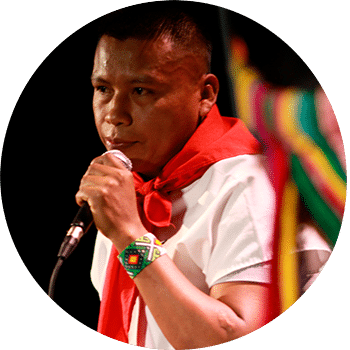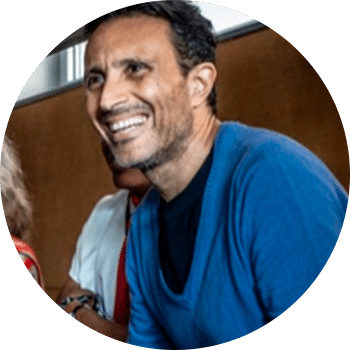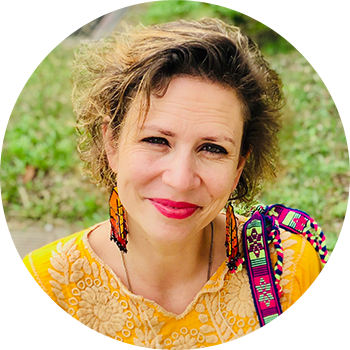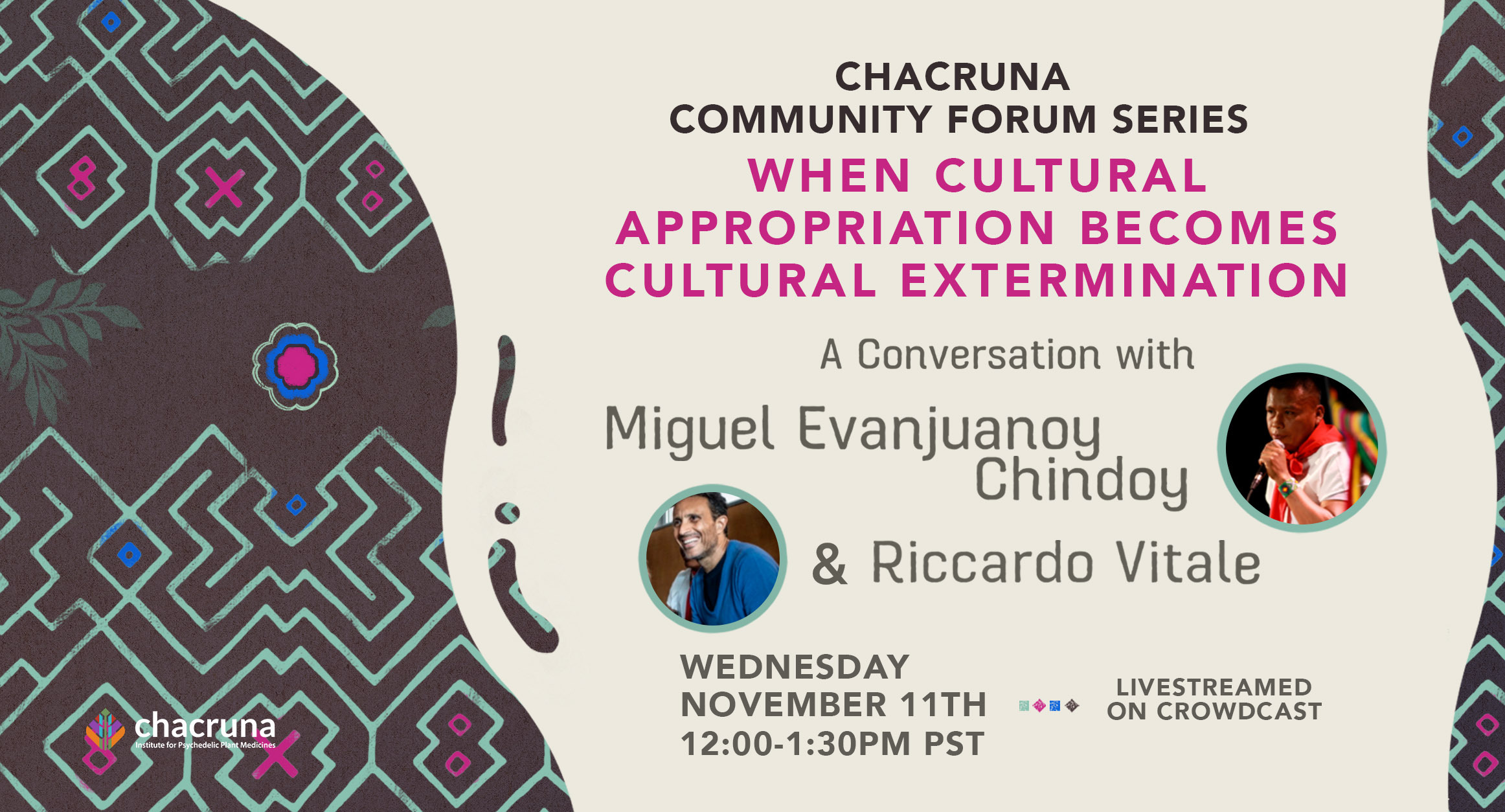- Meet Chacruna at Psychedelic Science 2025 - May 27, 2025
- Psychedelics and Attachment: Fundamentals, Implications, and New Frontiers - May 16, 2025
- Development Outreach Internship (OPEN) - May 6, 2025
A Conversation with Miguel Evanjuanoy Chindoy and Riccardo Vitale
Translated by Diana Negrín
Supporting indigenous community health and cultural survival through the defense of traditional medicine and spirituality
Wednesday, November 11th from 12-1:30pm PST
In 2009, the Colombian Constitutional Court declared 34 out of the 102 indigenous peoples of Colombia “at risk of cultural and physical extermination.” Some of these peoples partake in the ceremonial use of yagé (ayahuasca). Through the relentless appropriation (extraction and exploitation) of material and immaterial resources from the Amazonian territories, we are losing precious ancestral and resilient knowledge and putting vital ecosystems at risk.
As part of the Colombian indigenous resistance movement, the leaders of the Union of Indigenous Yagé Medics of the Colombian Amazon (UMIYAC) have been taking action to deter this annihilating process. Founded in 1999 and including five indigenous groups from the Colombian Amazon, UMIYAC has fought to preserve the rainforest and to revitalize and protect these cultures and their ancestral medicine.

Miguel Evanjuanoy Chindoy, environmental engineer, member of the Inga people, community leader and follower of yagé spirituality since his childhood years. He lives in Putumayo, Colombia. Miguel is an indigenous rights’ activist and a spokesperson for the Union of Indigenous Yage Medics of the Colombian Amazon (UMIYAC). His work includes building bridges between knowledge systems to strengthen the territorial and political autonomy of Amazonian indigenous peoples. He also focuses on key issues such as: the role that indigenous spirituality and yagé medicine play in indigenous governance, indigenous mental health, peacebuilding and reconciliation in war-torn Colombia. Recently he has been researching and raising conscience about the devastating effects of cultural appropriation of spiritual practices on Amazonian communities. He leads UMIYAC’s technical committee.

Riccardo Vitale is a non-extractive anthropologist engaged in “liberation research for the people by the people”. He earned his PhD from Cambridge University with a thesis about the Zapatista movement in Chiapas, Mexico. Riccardo’s research and fieldwork cover: human and indigenous rights, humanitarian law, armed conflicts, internally displaced people, social movements, gender politics, resilience, climate change adaptations and disaster risk reduction, anti-racism and, spiritualty as a form of indigenous resistance. Riccardo is a former adviser of Oxfam America, the UNHCR, NRC, ICG and GIZ, amongst others. Since 2016 he acts as a full-time adviser for the Union of Indigenous Yagé Medics of the Colombian Amazon (UMIYAC), working on organizational strengthening, political advocacy and peacebuilding.

Diana Negrin, Ph.D, is a native of both Guadalajara, Jalisco, Mexico, and the San Francisco Bay Area. She is a geographer and educator. Currently she is a professor at the University of San Francisco in the Urban and Public Affairs and Migration Studies Masters’ programs, and a lecturer at UC Berkeley in the Geography and Ethnic studies Departments. Her research largely looks at questions of race and ethnicity in Western Mexico, with a particular attention to Wixarika urban activism, as well as a focus on the social movements surrounding the protection of indigenous territory with a focus on Wirikuta and the conservation of peyote. In 2019 she curated and authored the catalogue for the exhibit, Grandes maestros del arte wixárika. Acervo Negrin, the largest exhibit to date on modern wixárika art. She is the author of Racial Alterity, Wixarika Youth Activism, and the Right to the Mexican City (University of Arizona Press, 2019). She sits on the board of the Wixarika Research Center, a nonprofit organization founded by her parents, Juan and Yvonne Negrin, that is expanding its online archive that brings together more than four decades of work with Wixarika communities. She is also part of Chacruna’s Council for the Protection of Sacred Plants.
—
Do you love Chacruna? Want free entry to events, access to our online member community and exclusive events, free merchandise, and much more! Become a member! https://www.patreon.com/chacruna
Scholarships Available. Apply here: https://forms.gle/27Lz3jDWtyHgJCaz9
Take a minute to browse our stock:
Did you enjoy reading this article?
Please support Chacruna's work by donating to us. We are an independent organization and we offer free education and advocacy for psychedelic plant medicines. We are a team of dedicated volunteers!
Can you help Chacruna advance cultural understanding around these substances?









